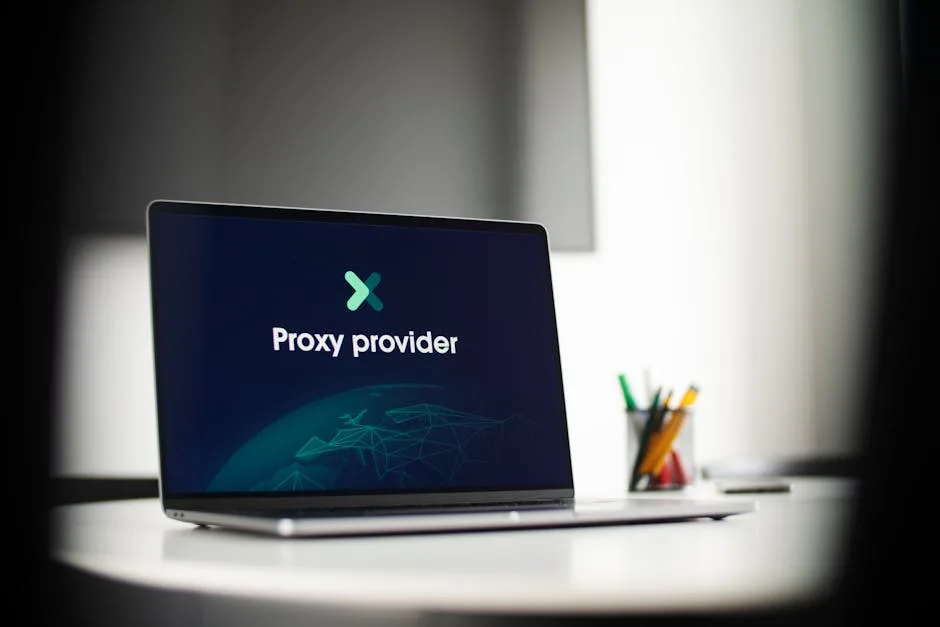
The implementation of age-verification rules under the UK’s Online Safety Act has triggered an unprecedented 1,800% increase in VPN usage, according to recent reports1. Major platforms like X (Twitter), TikTok, and Reddit have rolled out “age assurance” systems, prompting users to adopt VPNs—particularly Proton VPN and NordVPN, which now dominate UK App Store rankings2. While VPNs offer a workaround for privacy-conscious individuals, security experts warn that free versions may introduce new risks, including data leaks and malware infections3.
Regulatory Backfire and Technical Workarounds
The UK government’s age-verification mandate, intended to protect minors, has inadvertently fueled VPN adoption. Ofcom acknowledges these checks aren’t foolproof, as VPNs allow users to bypass geographic restrictions and mask IP addresses1. This creates a paradox: while the law aims to enhance safety, it drives users toward tools that can undermine monitoring efforts. For instance, LetsVPN and VPN Proxy Master—both trending in Zambia’s App Store—have faced scrutiny for opaque data practices5.
Security Risks of Free VPN Services
Free VPNs often monetize user data through ads or sell browsing histories to third parties. A 2024 study by the American Academy of Pediatrics found that 72% of free VPN apps contained trackers3. Proton VPN and NordVPN, while more reputable, still require careful configuration to prevent DNS leaks. Below is a comparison of top VPNs and their security features:
| VPN Provider | No-Logs Policy | DNS Leak Protection | Jurisdiction |
|---|---|---|---|
| Proton VPN | Yes | Yes | Switzerland |
| NordVPN | Yes | Yes | Panama |
| VPN Proxy Master | No | No | China |
Global Policy Parallels
Similar trends are emerging worldwide. The U.S. Kids Online Safety Act (KOSA), revised in 2025, mandates default privacy settings for minors but excludes LGBTQ+ content restrictions after backlash4. Australia plans to ban social media for under-16s by late 2025, while Utah requires age verification for app stores5. These policies share a common challenge: enforcement relies on easily circumvented technical measures.
Recommendations for Secure VPN Use
For professionals managing enterprise networks, consider the following:
- Audit VPN traffic for anomalies using tools like Zeek or Suricata.
- Prefer providers with independent audits (e.g., Proton VPN’s 2024 audit by Securitum).
- Block known malicious VPN endpoints via firewall rules.
The VPN surge underscores a broader tension between regulation and privacy. As laws like the Online Safety Act evolve, so too will the tools to bypass them—making continuous monitoring essential.
References
- “Use of VPNs surges in UK as new online safety rules kick in,” MSN, 2025.
- “Online safety laws behind surge in VPN use,” The Telegraph, 2025.
- “UK VPN adoption spikes amid regulatory changes,” Financial Times, 2025.
- “Kids Online Safety Act,” Wikipedia, 2025.
- “Top VPN Apps in Zambia,” Appfigures, 2025.




